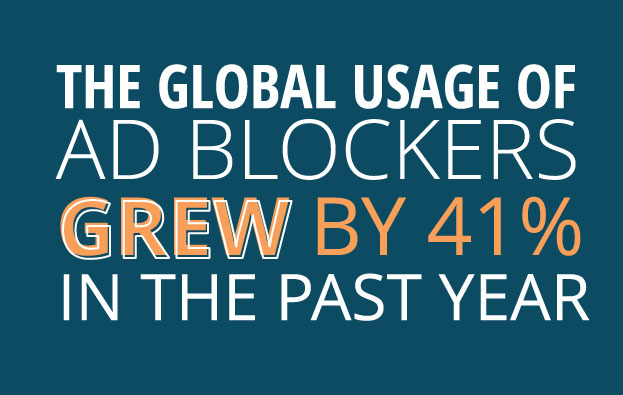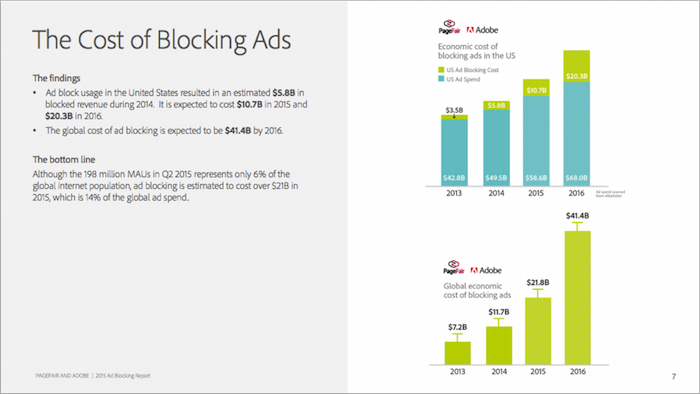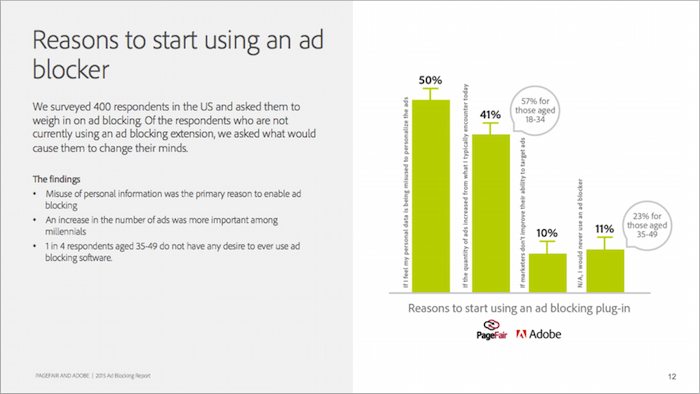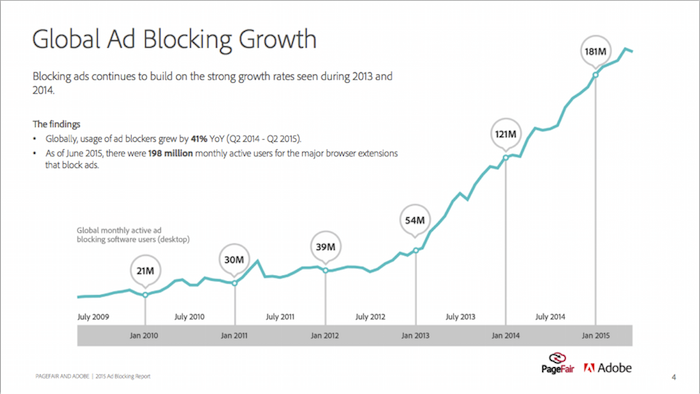You’ll Never Believe How Clickbait Techniques Are Causing the Downfall of Ads
October 27th, 2015 by


The atmosphere for Internet advertisers has changed over the past couple of years following a trend that marketers of the past simply didn’t see coming. Thanks to an overuse of several marketing techniques, including clickbait titles, dynamic advertising, and uninspired cookie-cutter content, Internet users have learned ways to avoid ads and are experienced enough to know a clickbait title when they see one. All in all, this has a direct effect on potential income brought on by advertisements.


Why the Change?
It would be remiss of us to believe the fault in this lies with the consumer, or that advertisers of today are responsible for the actions of other advertisers in the past. In truth, this should have been an expected outcome when considering how simple it is to copy these techniques and how pervasive they have become on today’s Internet. People learn through experiences, and the sheer overabundance of these techniques simply expedited the desensitizing process. On top of that, other Internet users have found ways to use the current mood toward advertisements to their advantage.


AdBlock and AdBlock+ are the best examples of simple, easy-to-install ad blocker plugins that have seen increased usage and popularity. The effectiveness of dynamic advertisements, arguably the most adaptive and effective marketing technique there is, is completely nullified. What once showed ad content based on the Internet history of the user simply doesn’t load with the rest of a webpage. And it doesn’t stop here.
AdBlock has now become popular enough that it has started to set and enforce its own criteria for quality, non-intrusive ads. The criteria focuses on ensuring:
- Static advertisements
- Text over image usage
- Proper placement that does not block site content or require a mouse-click to hide or mute
- All advertisements are labeled as advertisements
The organization has even started to write a whitelist and ask other websites to voluntarily submit to these regulations. Though it might be difficult to imagine any major site agreeing to such demands, a glance at the growing number of AdBlock users makes clear the potential benefits.


Clickbait titles are also a commonly used technique that focuses on numbers over quality, and it has lead to a response from Internet users that to me is a far more fascinating result. People have started to avoid clicking on interesting titles on their own, because from the person’s experience, these titles usually offer little more than lackluster and boring content. Or at least, that is what people have learned to expect as a result of past Internet marketers. Simply put, clickbait titles have become less and less effective over time. This is an especially unfortunate result for those webmasters and organizations that actually offer quality content and are simply trying to draw traffic toward their site in an effective, eye-catching manner.
Now what?
So knowing all of this, what can be done? The simplest answer is to change the paradigm and make quality of content and advertisement more important than quantity. It may seem counter-productive, but this is more likely to have a long-term effect simply because it is what Internet users are looking for and prefer—at least for the moment. Another good option is to turn to professional advertisers and Internet marketers who are familiar with the ever-changing environment and are ready to follow through with new or changing regulations, whether they come from AdBlock or from Google altering its search engine algorithm once more. Without this assistance, an advertiser or organization has to start building its own community and establishing trust with those individuals using consistent, quality content. Internet users can then vouch for the content by sharing it, not necessarily with the rest of the world, but with the friends and family within their community that trust their opinion. That, in itself, makes a statement that reverberates across multiple online communities quickly.
Image credits:

